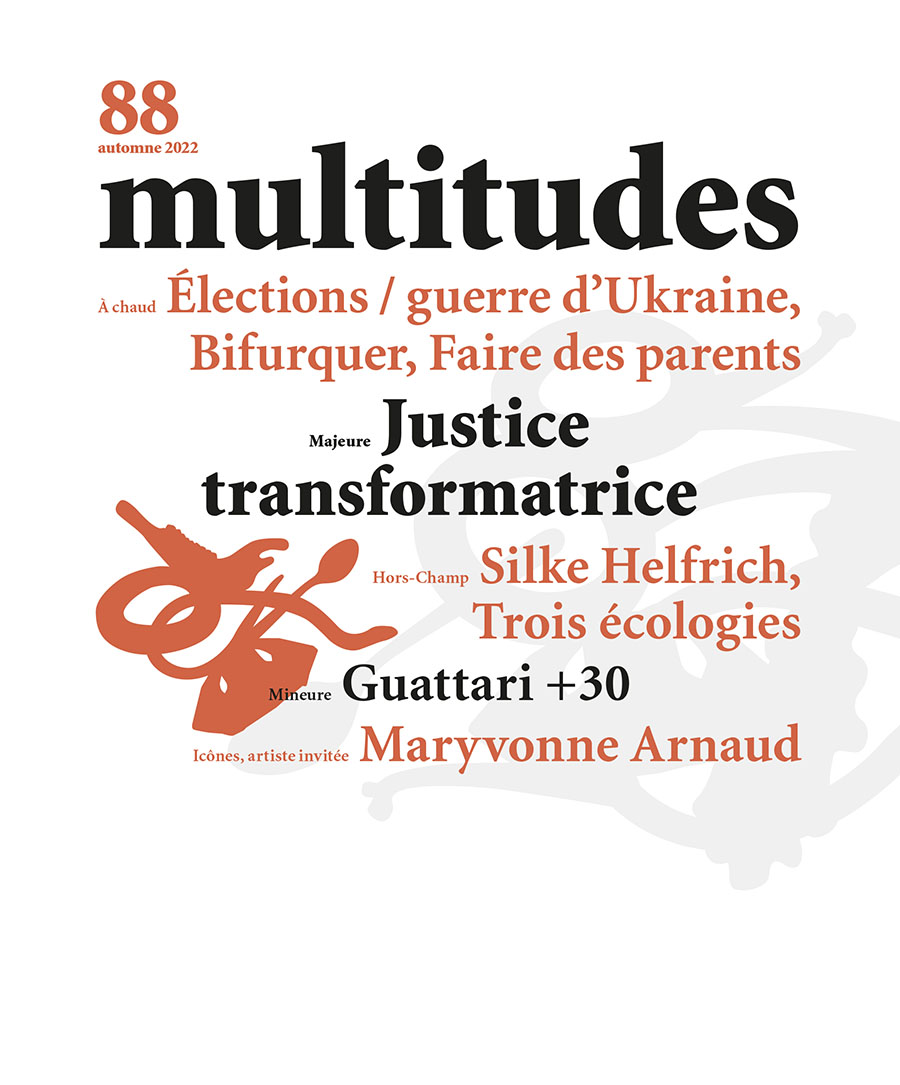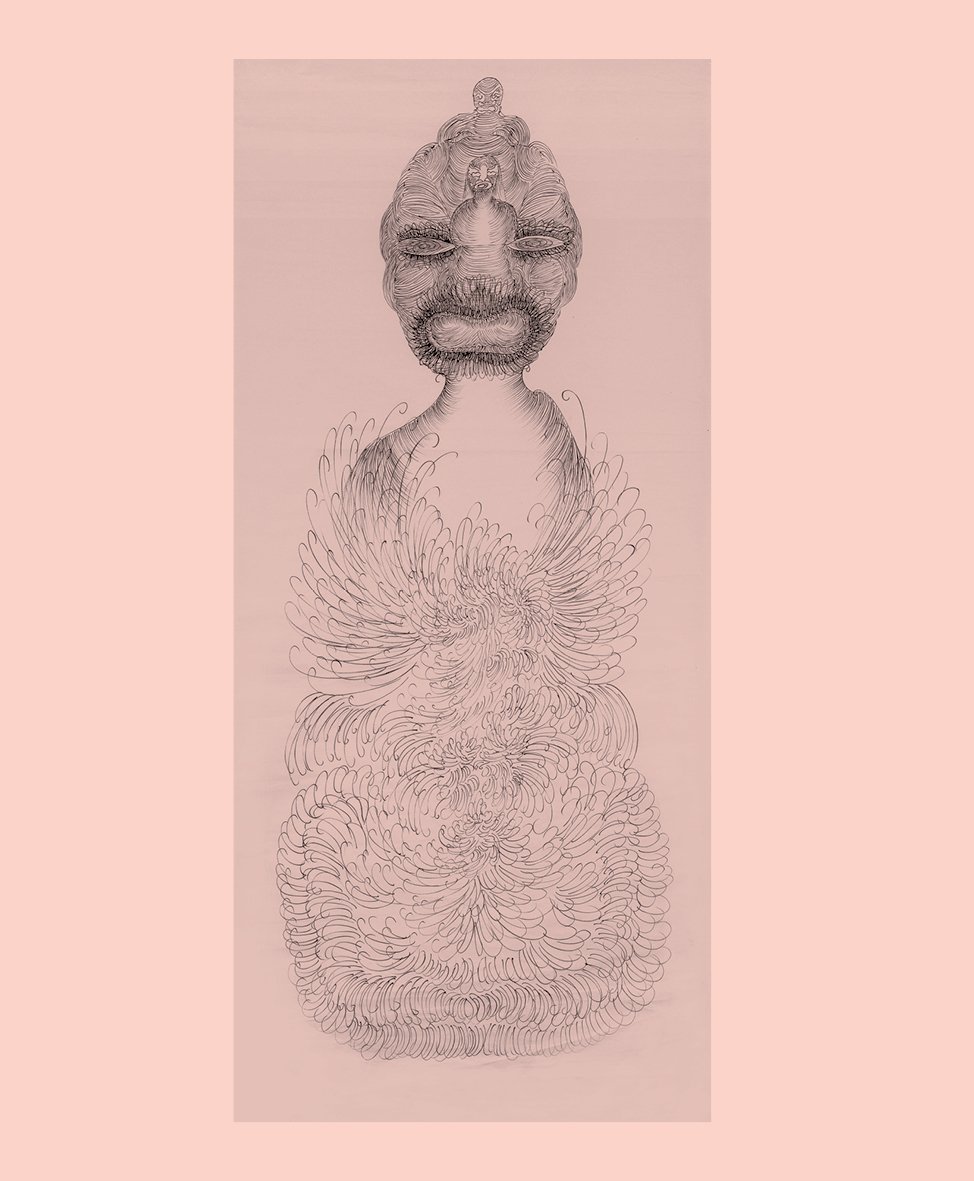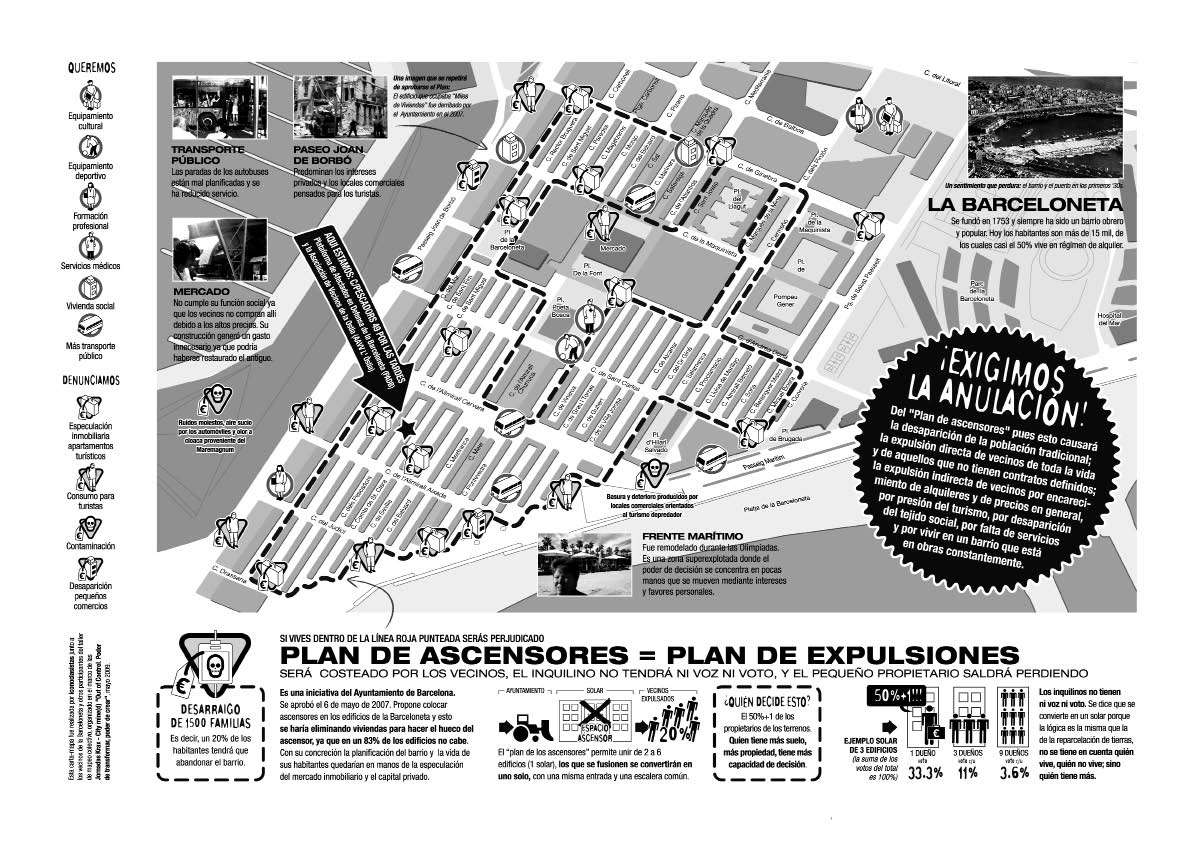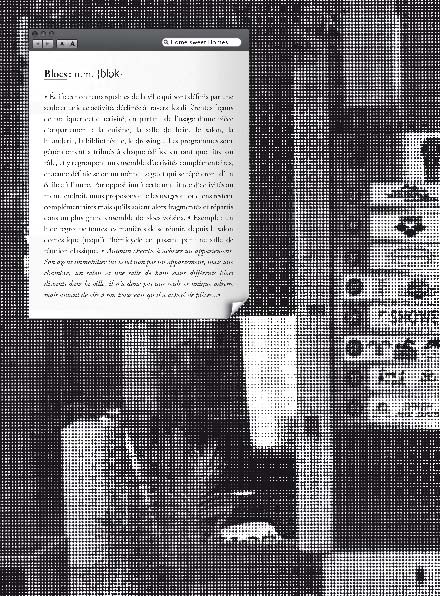Petit conte chaosmopolointain
Dans une étroite et longue terre semblable à une tresse, des fils (des) et (ins) tituants tissaient une trame politique tantôt opaque, tantôt brillante, ou bien encore, comme dans un scénario quantique, les deux à la fois. Nous ne dirions pas de cette trame qu’elle affirmait une (R)évolution, mais il nous semble bien qu’elle suggérait un assemblage miraculeux de (p)olitiques moléculaires. Les outillages rationnels étant en déphasage avec ces manières associatives et résurgentes d’être, ces assemblages (dés)orientaient sans doute nos argumentations politiques de l’époque, mais elles déroutaient surtout nos manières de nous référer à cette activité terrestre. Ce qui se passait là-bas ne finissait en effet pas de se passer de singulier en singulier au travers des actions et d’affects impossibles de se réduire à une seule (M)ultitude affirmativement révolutionnaire. Et pourtant, on a vu dans ces contrées se lever un jour, de l’horizontale terrestre, une assemblée-age, un texte et un horizon chaosmopolitique d’aspirations communes.
A Short and Distant Chaosmopolitical Tale
In a distant, narrow, long land, destituting and instituting threads wove a political braid that was sometimes opaque, sometimes brilliant, or, as in a quantum scenario, both at the same time. We would not say this weaving asserted a (R)evolution, but it seemed to suggest a miraculous assembly of molecular (p)olitics. The rational tools being out of phase with these associative and resurgent manners of being, these assemblies (dis)orientated our political argumentation of the time, but they especially baffled our manners to refer to this earthly activity. What happened there did not finish passing from singular to singular through actions and affects impossible to reduce to a single affirmatively revolutionary (M)ultitude. And yet, in these regions, we saw the rise of an assembly-assemblage, a text and a terrestrial horizon of common chaosmopolitical aspirations.






